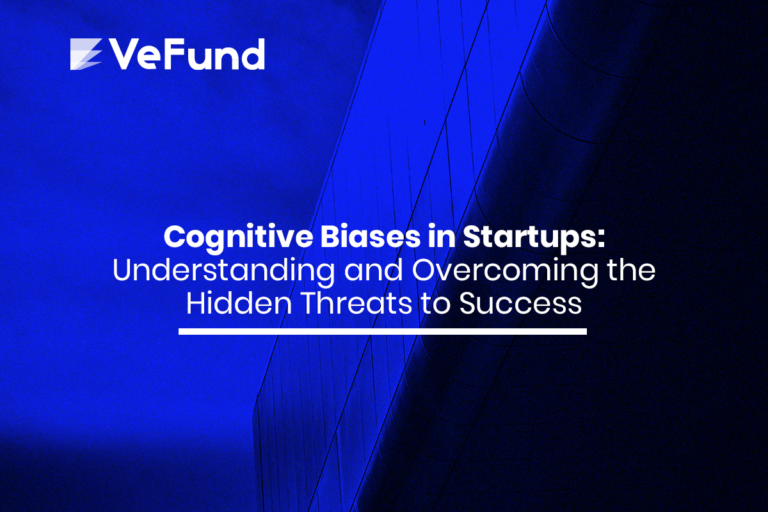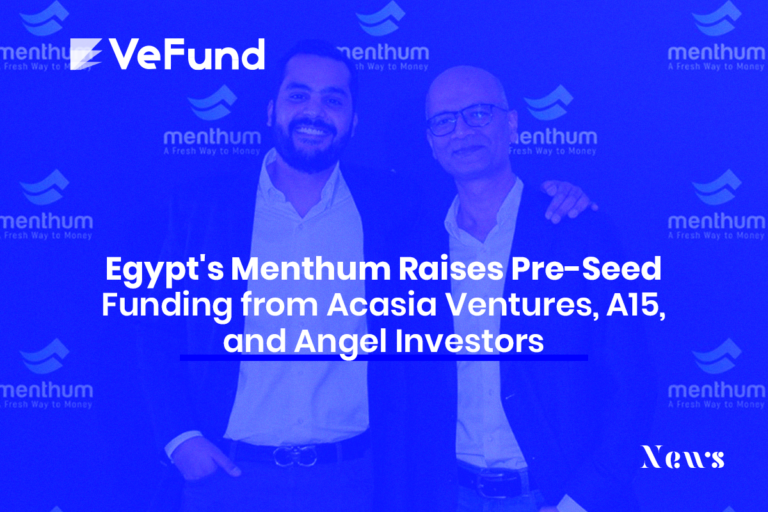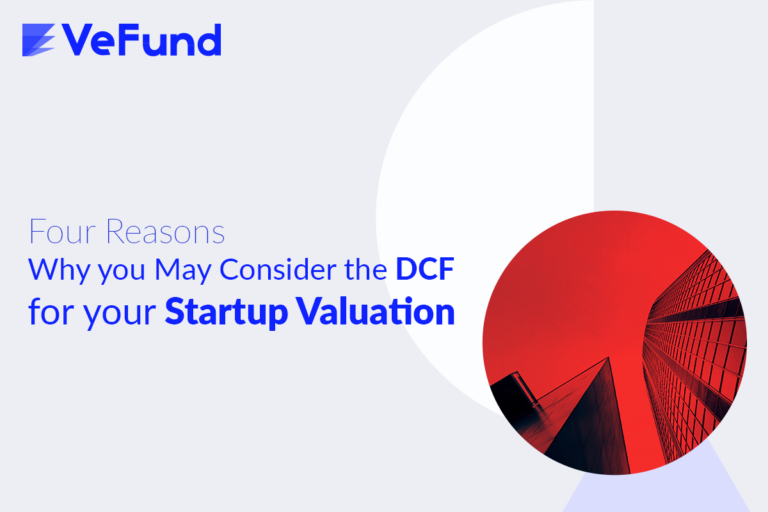Common Mistakes in Startup Screening and How to Avoid Them
Investing in the best startups is no easy task. How can an angel investor be confident in their selection criteria? There is no one “correct” way to screen startups. In these situations, though, we can point out the mistakes to avoid, which in turn will increase the odds of choosing the best startups.
Angel investing is associated with a high failure rate since 90% of startups fail. Still, a good startup screening process improves the odds of the overall portfolio. In this article, we will focus on common mistakes angel investors may fall prey to, and how to avoid them.
1. Having No Screening Process
Let’s say you have 100 startups requesting funds from you. You know you can only invest in five of them. How would you choose the best five in this pool?
If you do not have a clear, specific answer to the previous question, you must implement a screening process and apply it to every single startup coming to you.
Saying yes or no to investment opportunities in startups must come as a conclusion of a logical process. Failing to do so will make the startup portfolio root on luck alone for success.
Another benefit of having a startup screening process is saving time from going through all the details sent by every startup before making a decision. If you spent an hour going through a financial model of a startup that you might filter out on more basic information, this is a wasted hour.
At VeFund, investors view the startup’s basic information first such as description, country, and industry. They then use our AI Survivability Index to evaluate the startup’s founding team, social media, and market trends. After that, they view the custom application questions created by every investor. They may also request access to the startup’s data room to access more information. After all that, if the startup has been shortlisted, they proceed with the more time-consuming tasks such as pitching, reviewing documents, and due diligence.
2. Skipping Due Diligence in the Presence of Other Investors
This is a highly common mistake. When some investors are already betting on the startup, especially if some of them are well-known for their expertise, others may consider skipping the due diligence.
Understandably, due diligence is costly in terms of time and effort. However, it is part of the job. No matter how many experts join an investment, you must conduct your due diligence too.
3. Neglecting Market Size
Sometimes it’s intimidating to skip numbers related to market size, especially when screening early-stage startups. In the early stages, startups are evaluated more on their qualitative aspects rather than the quantitative ones. Early estimations about the market size may prove irrelevant later on. However, having a conversation with the founders and going through the numbers should not be ignored.
Market sizing helps in solidifying the opportunity ahead and making sure it exists. Listen to the founder’s rationale in determining the market size. Does this market seem real? Did the founder rely on valid resources? Are the target customers willing to pay for such a product?
Even though early estimations may change later on, they serve as a green light for the startup’s opportunity.
4. Falling Prey to Biases
Evaluating startups requires going through many complex factors, making a room for biases to happen. Angels may fall to biases related to the team, industry trends, business models, and other factors.
Tackling biases can be done in two ways:
- Continuous learning about biases: by being aware of the different types of biases and how to not fall for them.
- Using AI: support from AI screening tools will provide you with more consistency and objectivity.
Join VeFund
At VeFund, we support investors in the screening process with AI and automation tools. Check out our services on scouting, screening, and portfolio management.







